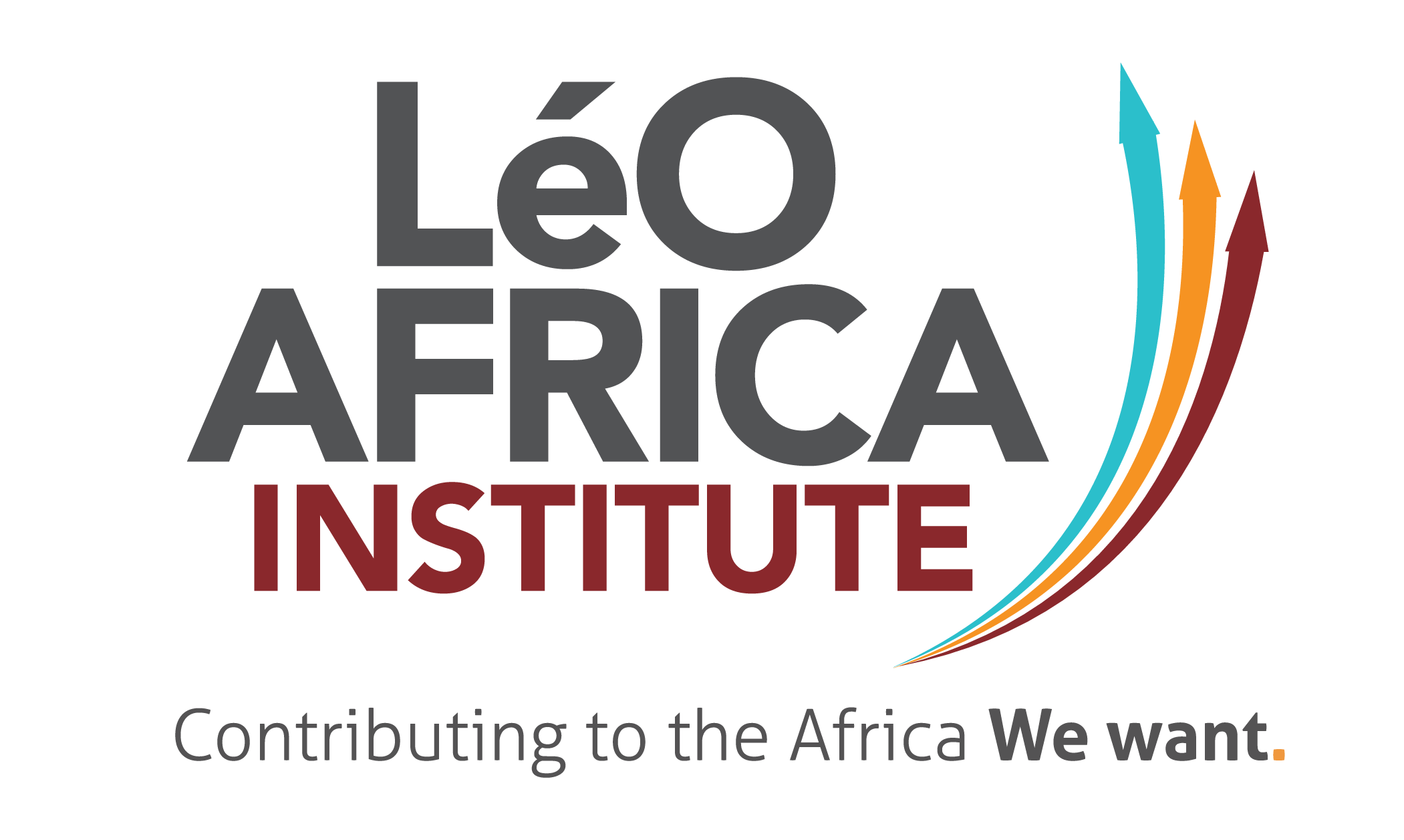- October 13, 2023
- Posted by: Communications Team
- Category: Huduma Fellowship, Updates, YELP Fellowship
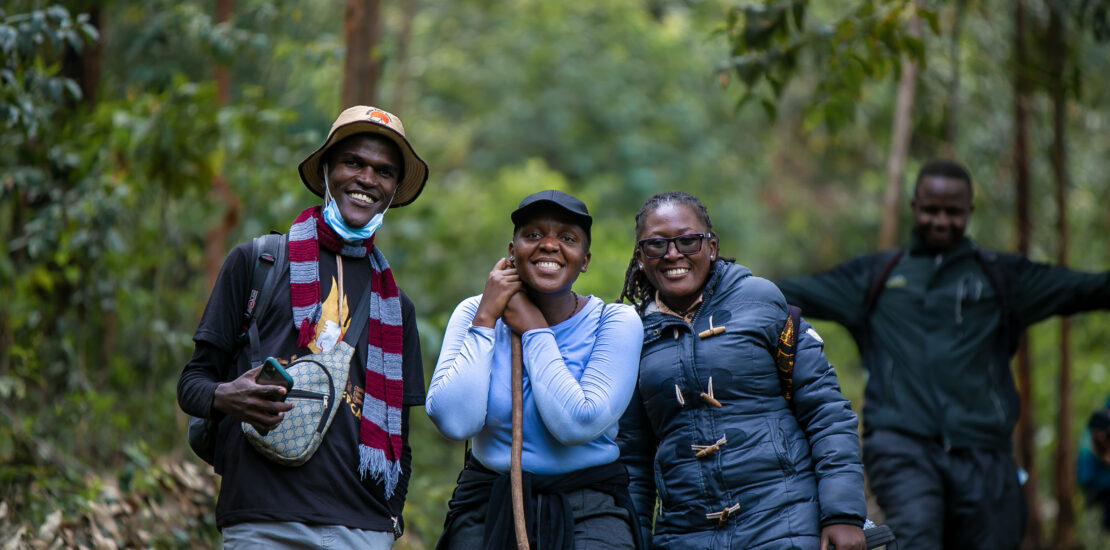
Heritage and identity influence our perspectives, choices, and sense of self. Between 6 – 9 October 2023, fellows within the LéO Africa Institute Network came together to explore the significance of heritage and identity, reflecting on the profound impact they have on our lives.
The Heritage seminar hosted and curated by LéO Africa Institute Founder & Senior Director Awel Uwihanganye and YELP Fellow Dr. Prosper Ahimbisibwe in Kihihi, Kanungu, emphasized the importance of heritage, the interconnection of natural heritage, culture, and identity, and the need to shape our identities as leaders.
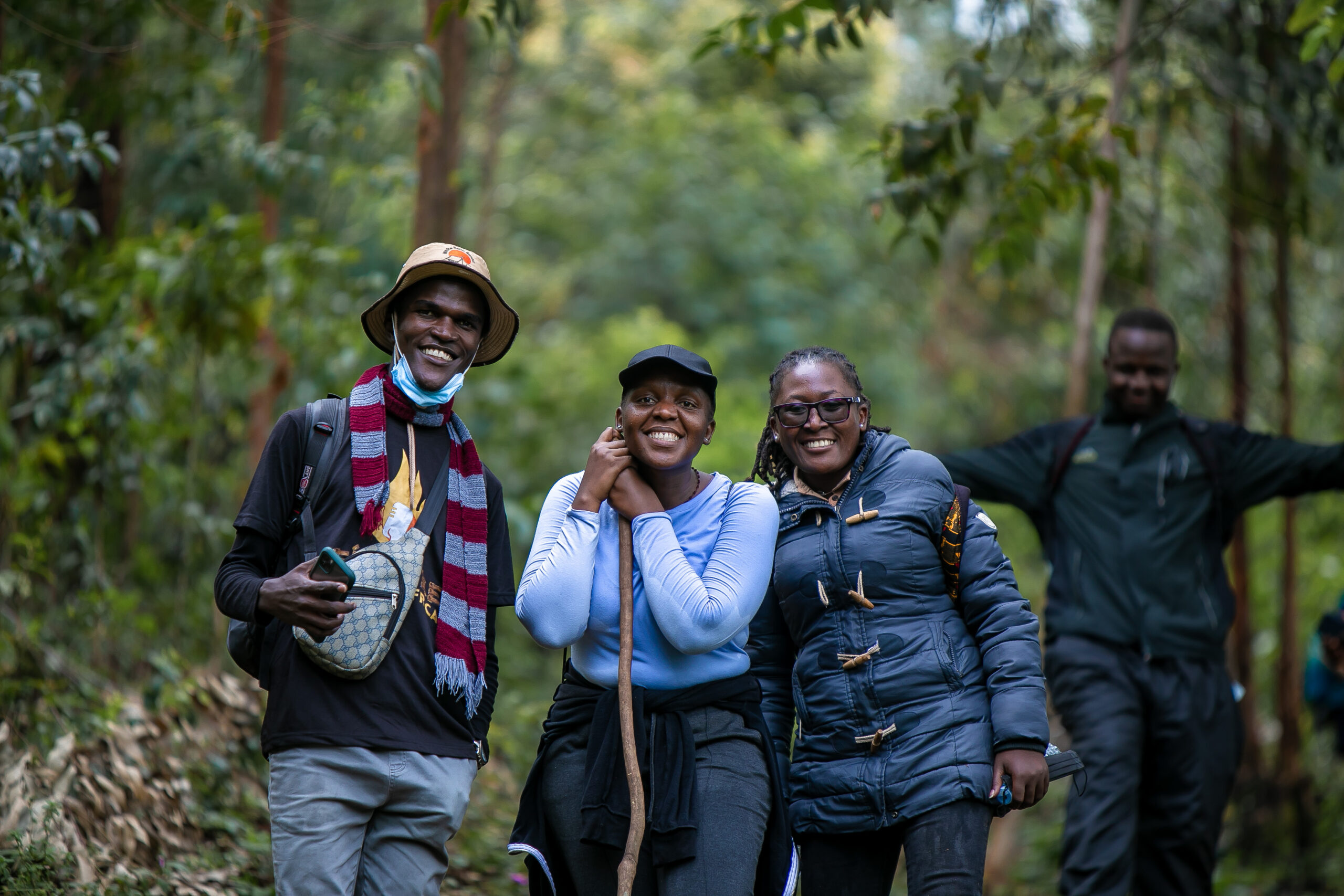
Here are some of the key takeaways from the seminar;
Heritage and Conservation
Our natural and cultural heritage holds intrinsic value, not only for our personal identities but also for the preservation of our planet. Climate change and environmental degradation have become pressing global issues, closely intertwined with our livelihoods.
As LéO Africa Institute Founder & Senior Director Awel Uwihanganye pointed out, we must acknowledge the interdependence of natural heritage, culture, and identity.
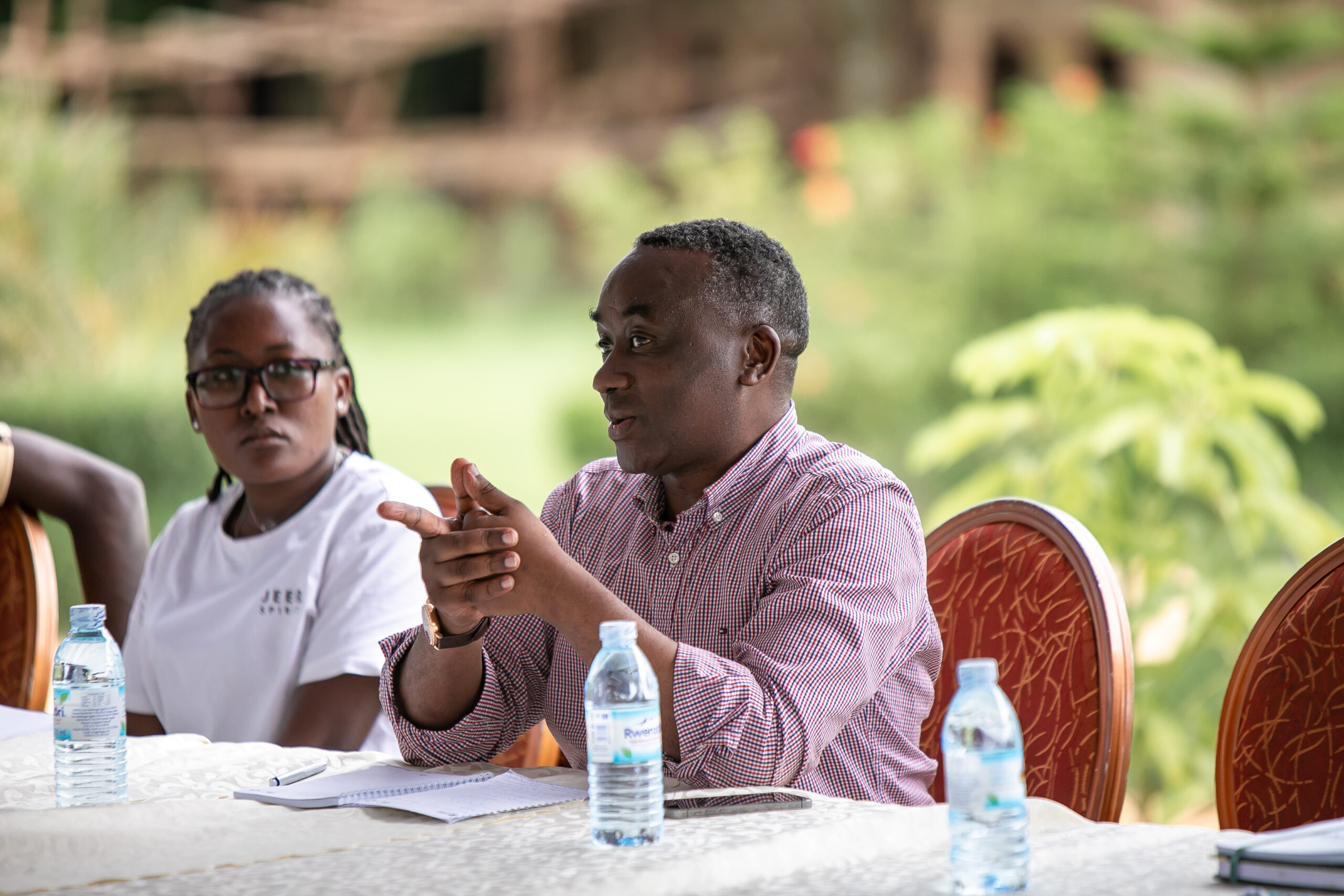
Sam Rukundo, a Ugandan conservationist and professional tour guide, made it clear that we often overlook Uganda’s natural heritage and its vital role in shaping our identities, while Nicholas Opolot, a Programme Officer at Konrad Adenauer Stiftung Uganda & South Sudan, encouraged fellows to think differently about the natural heritage, emphasizing the need to preserve it for future generations.
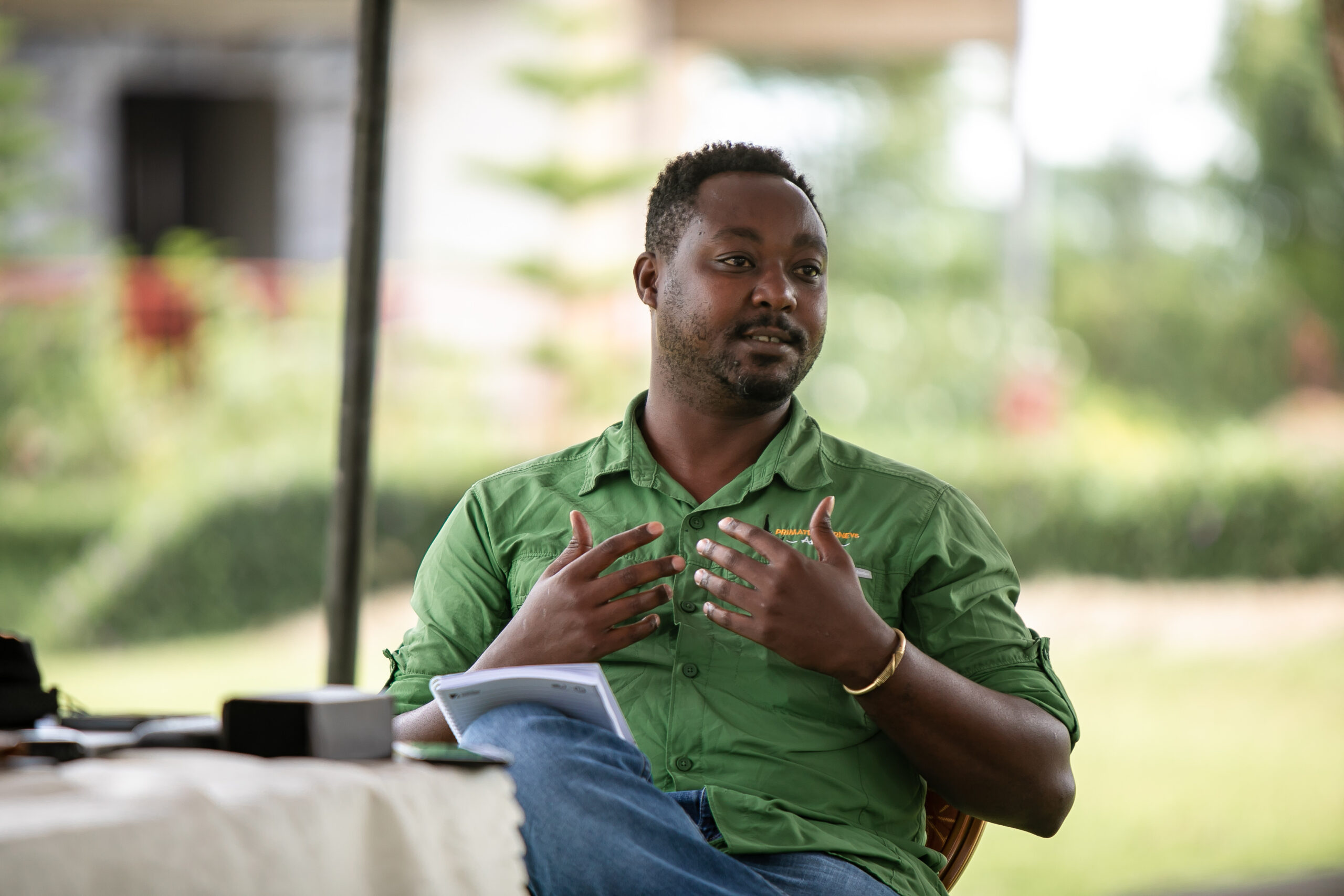
Part of the Heritage seminar was a visit to Kayonza Growers Tea Factory, operating adjacent to Bwindi Impenetrable National Park, one of Uganda’s oldest rainforests and home to 50 percent of the world’s mountain gorillas. Founded in 1964, Kayonza Growers Tea Factory is a for-profit community enterprise, 100 percent owned by its over 7,229 smallholder tea farmers.
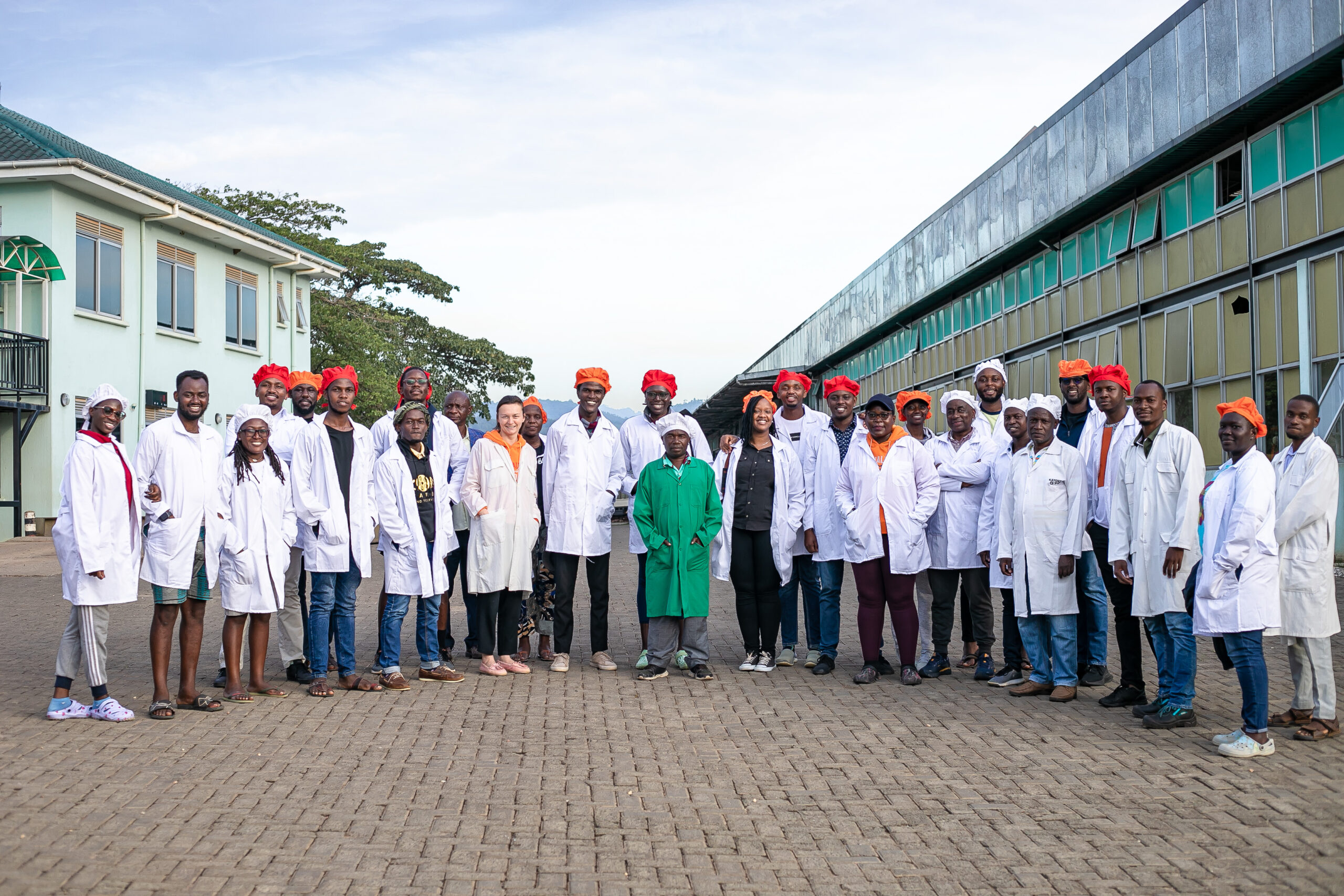
The tea factory won the UNDP Equator Prize in 2015 for its dedication to the community and its environmentally friendly methods.
“The UNDP Equator Prize was in recognition of our initiative to ensure at least 70 percent of the local population is involved in a landscape-scale, community-led climate change adaptation and mitigation strategy that addresses energy efficiency, food and income security, and natural resource management,” Mr. Musinguzi Jotham, General Manager Kayonza Growers Tea Factory.
Fellows also undertook gorilla trekking in Bwindi Impenetrable National Park and paid a visit to the Batwa community for a unique experience of Uganda’s traditions and culture.
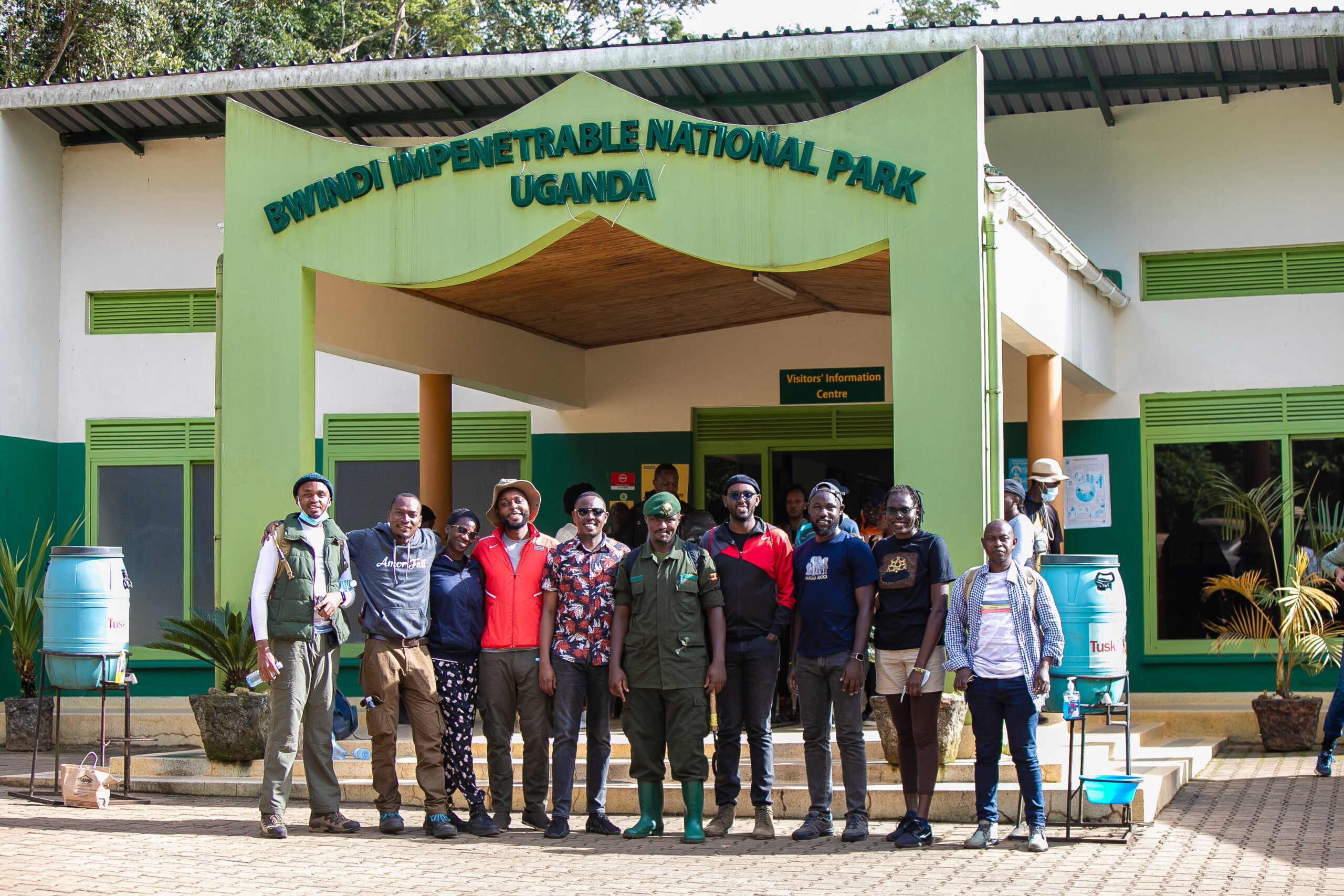
Defining Who We Are
Many Africans grapple with questions of identity and heritage, indicating a need for introspection and understanding. The heritage seminar underscored the nuanced definitions of citizenship, nationality, identity, and heritage.
Citizenship is something that a state grants and can take away, while nationality pertains to the political borders that define our affiliations.
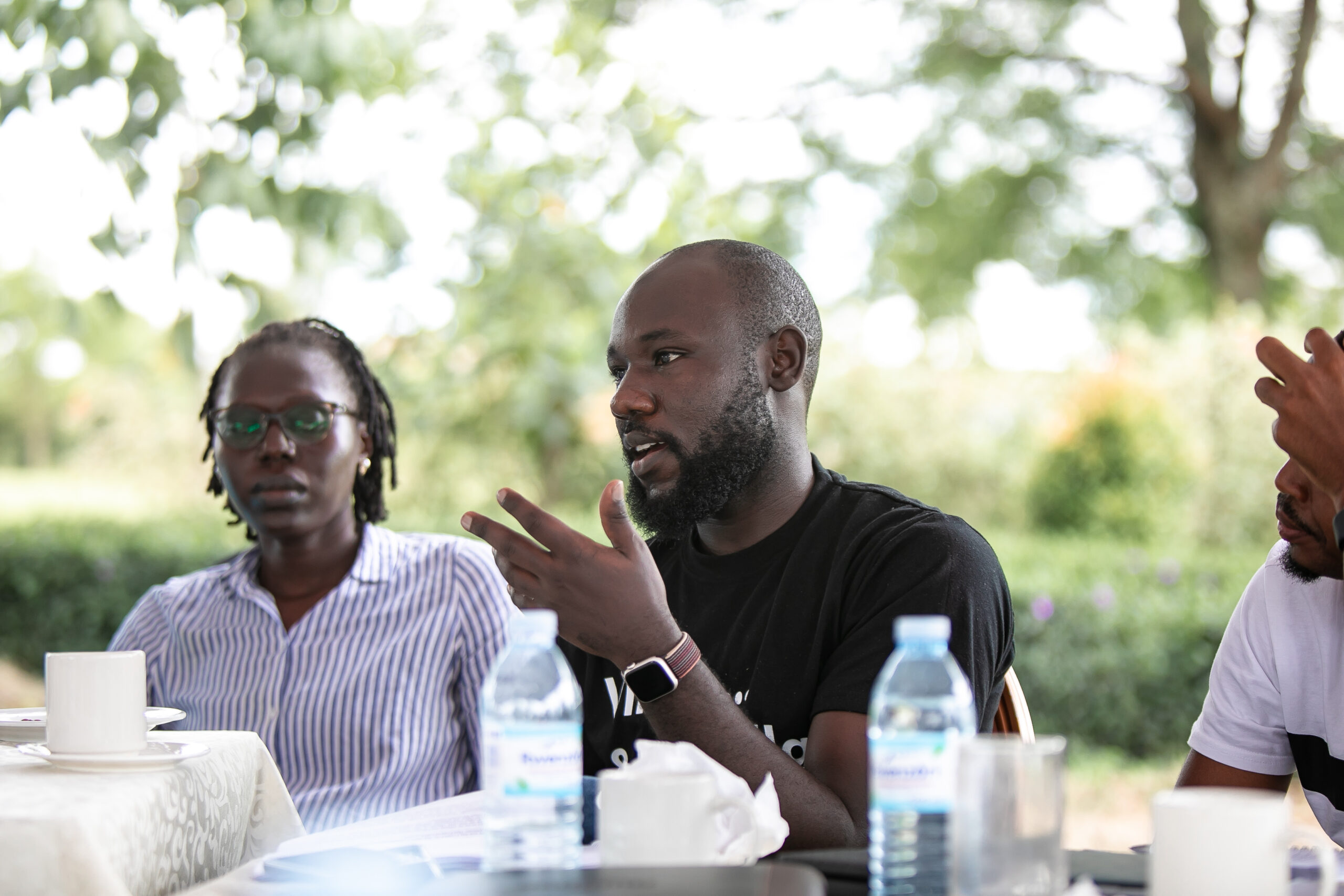
Identity on the other hand is a personal concept, shaped by our perceptions and values, and heritage encompasses the aspects that define us, such as religion and education, emphasizing that skin color cannot define us.
Konrad Adenauer Stiftung Uganda & South Sudan Country Representative Anna Reismann reflected on the constant search for self-identity. Anna pointed out that identity hinges on how we see ourselves and how others perceive us.
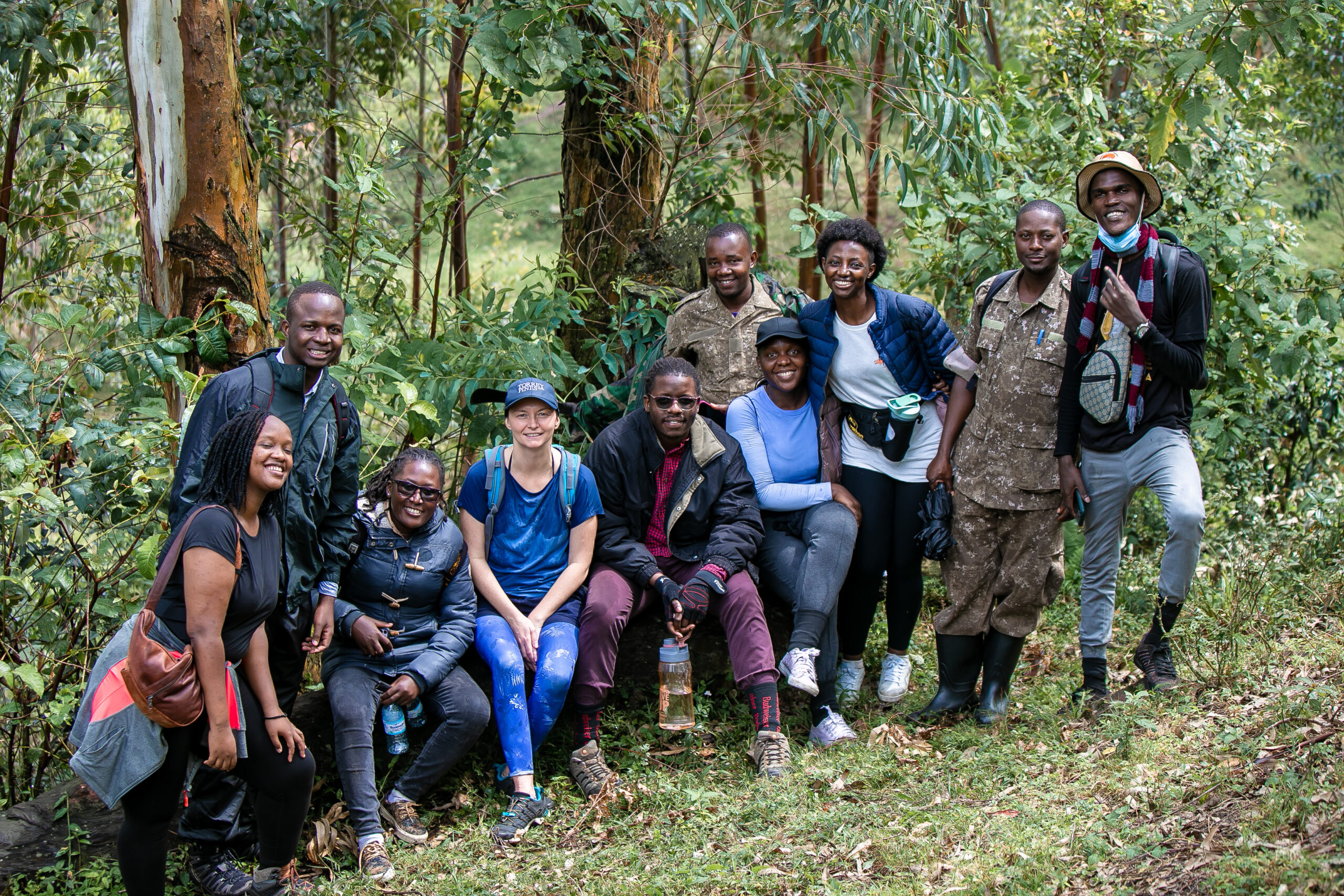
The desire for complete understanding and the balance between uniqueness and belonging to a group were key aspects she discussed. Anna’s insights brought to light the fundamental role that identity plays in bringing order to our lives.
Who is an African?
In a world filled with cultural diversity, Africa stands out as a continent teeming with an astonishing array of traditions, languages, and ethnicities. Yet, the question “Who is an African?” remains a topic of deep discussion and exploration. This enigmatic question was at the forefront of the Heritage seminar discussion hosted by LéO Africa Institute Deputy Director Kwezi Tabaro on the dynamics of constructing Africanness as a political identity.
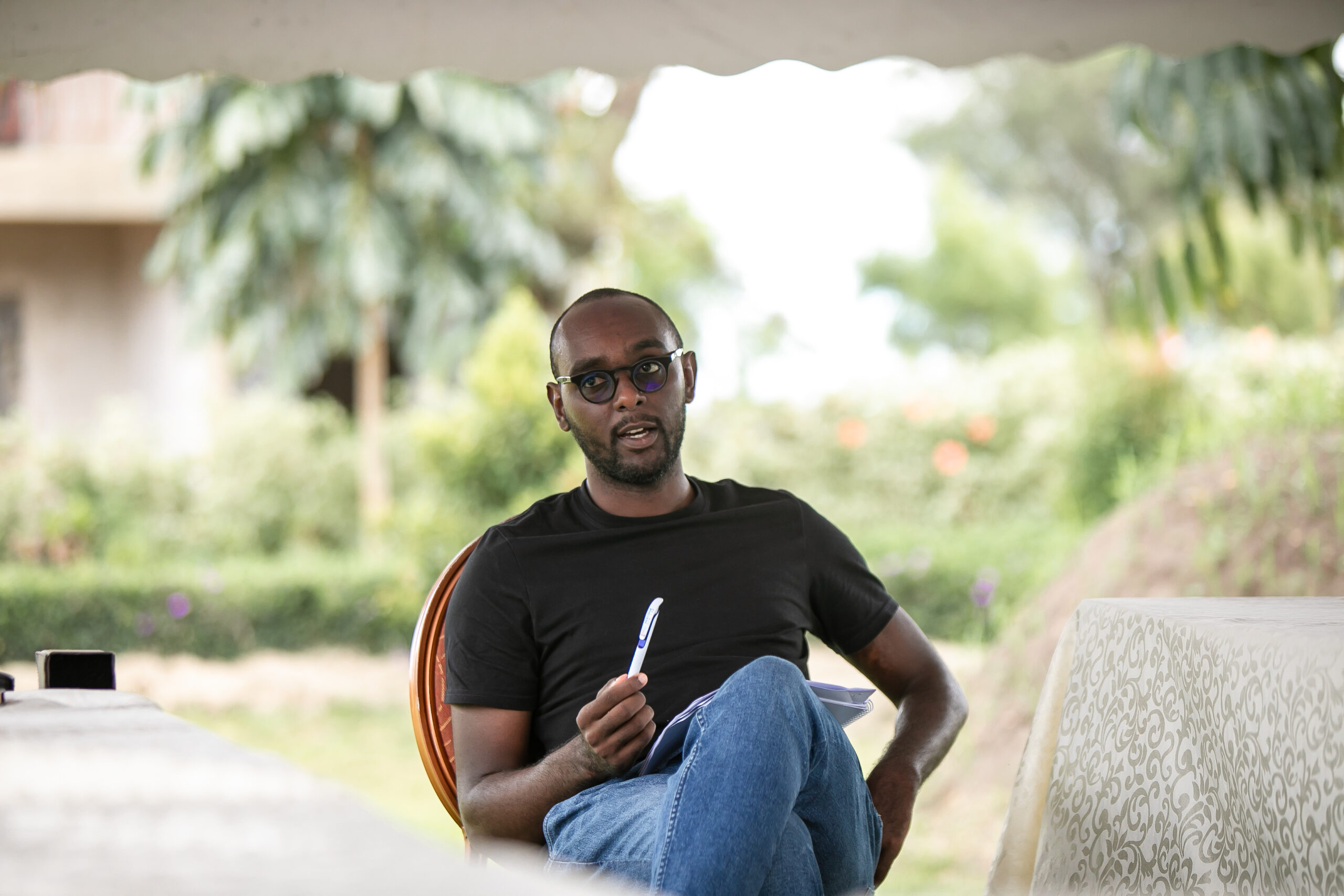
Despite Africa’s rich cultural diversity, it’s often surprising to witness how the continent’s people are sometimes homogenized in everyday discourse and literature, regardless of whether these depictions are positive or negative.
Kwezi Tabaro referenced “Who is an African? Rethinking the Identity in View of Changing Realities.” an Essay by Dr. Jimmy Ssentongo to illustrate this point. The perpetuation of this stereotype challenges the continent’s profound diversity and the uniqueness of its various societies.
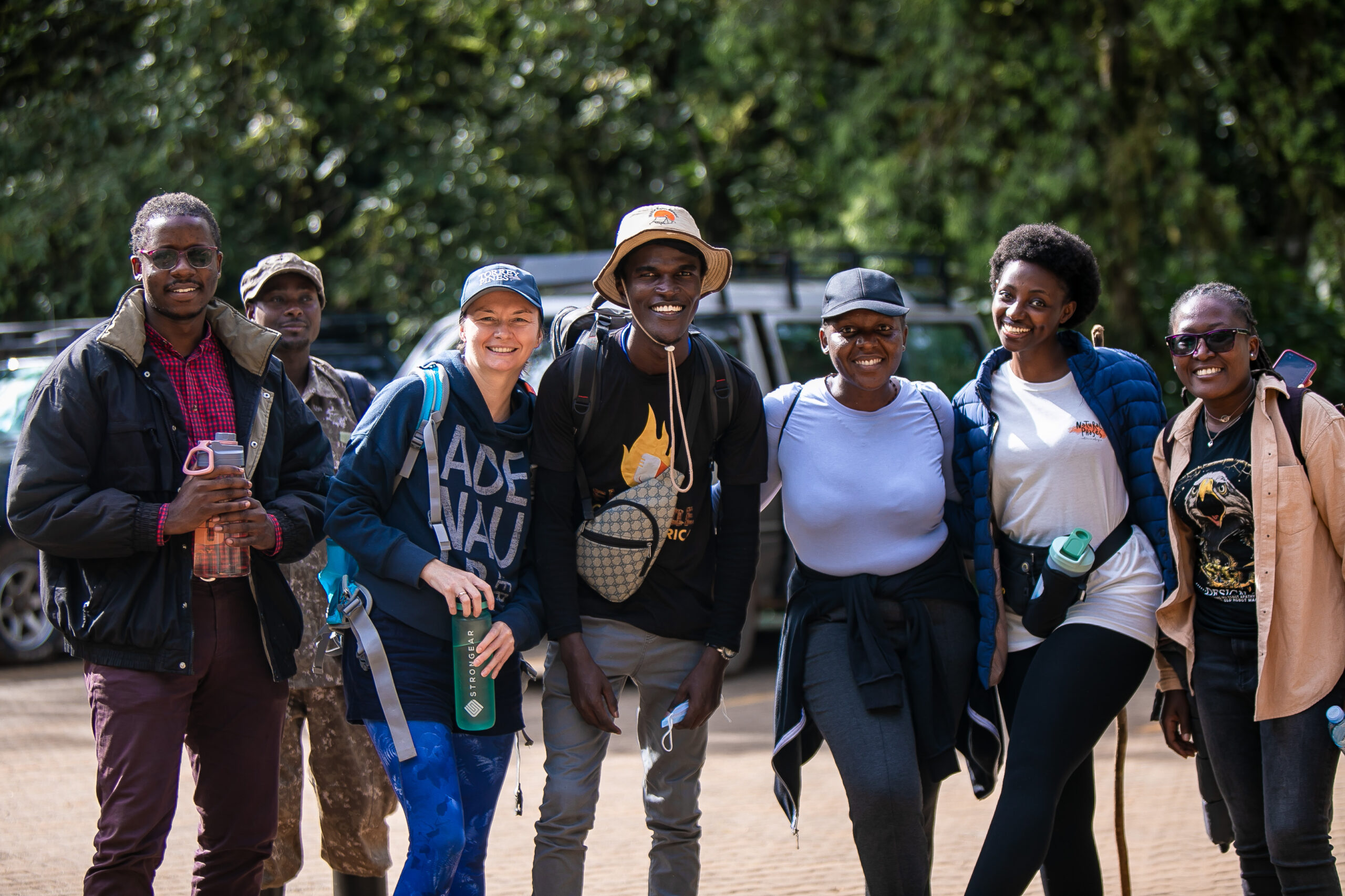
The essay introduces the concept of nativism, which encapsulates the idea of prioritizing native-born individuals exclusively based on their status as ‘natives’ or ‘original inhabitants.’ This viewpoint is not a singular, monolithic concept but takes on various forms, often contingent on the context. It can manifest as outright xenophobia, subtle forms of exclusion, or as a symbolic defense mechanism aimed at safeguarding a cherished heritage perceived to be under threat.
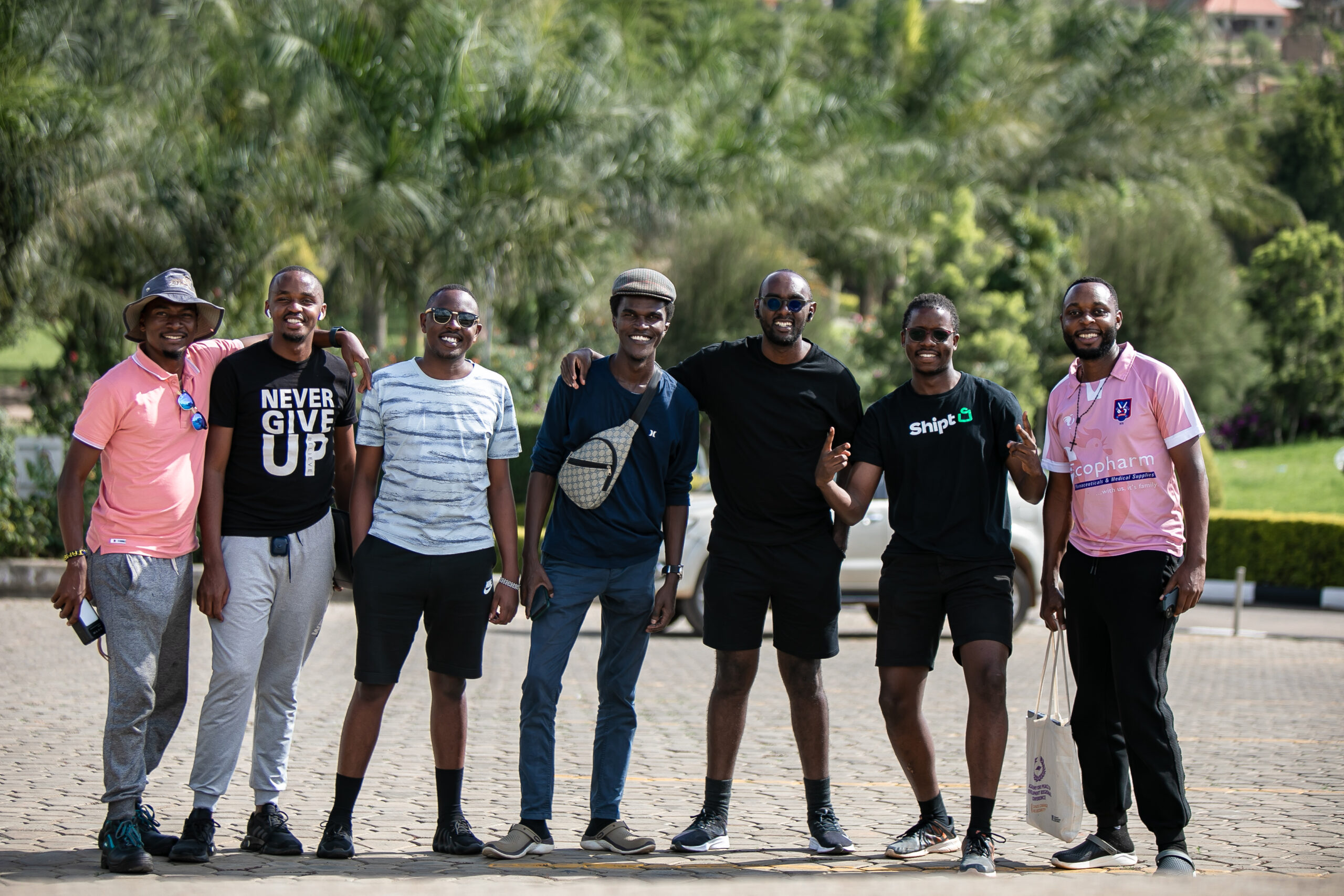
While nativism may seem appealing as a way to protect one’s heritage, Kwezi Tabaro argued that it is functionally problematic. Nativism, sooner or later, gives rise to racism and xenophobia. It draws arbitrary lines that do not accurately represent the complexity of African identity.
In contrast to nativism, Kwezi Tabaro advocated for a cosmopolitan approach that considers Africanness from a pluralist, nonracial standpoint. This perspective welcomes the idea of living with differences, de-emphasizing the significance of an individual’s race.
Africanness is not merely a legal status defined by the nation-state but a trans-legal social dynamic. It is an identity that transcends legal structures, borders, and state boundaries. Africa’s identity, like its people, is a tapestry of rich and evolving narratives, and we must continue to explore and embrace its multiplicity.
The conversation on heritage and identity in the context of our birthplaces was a timely journey into what defines us as individuals and leaders.
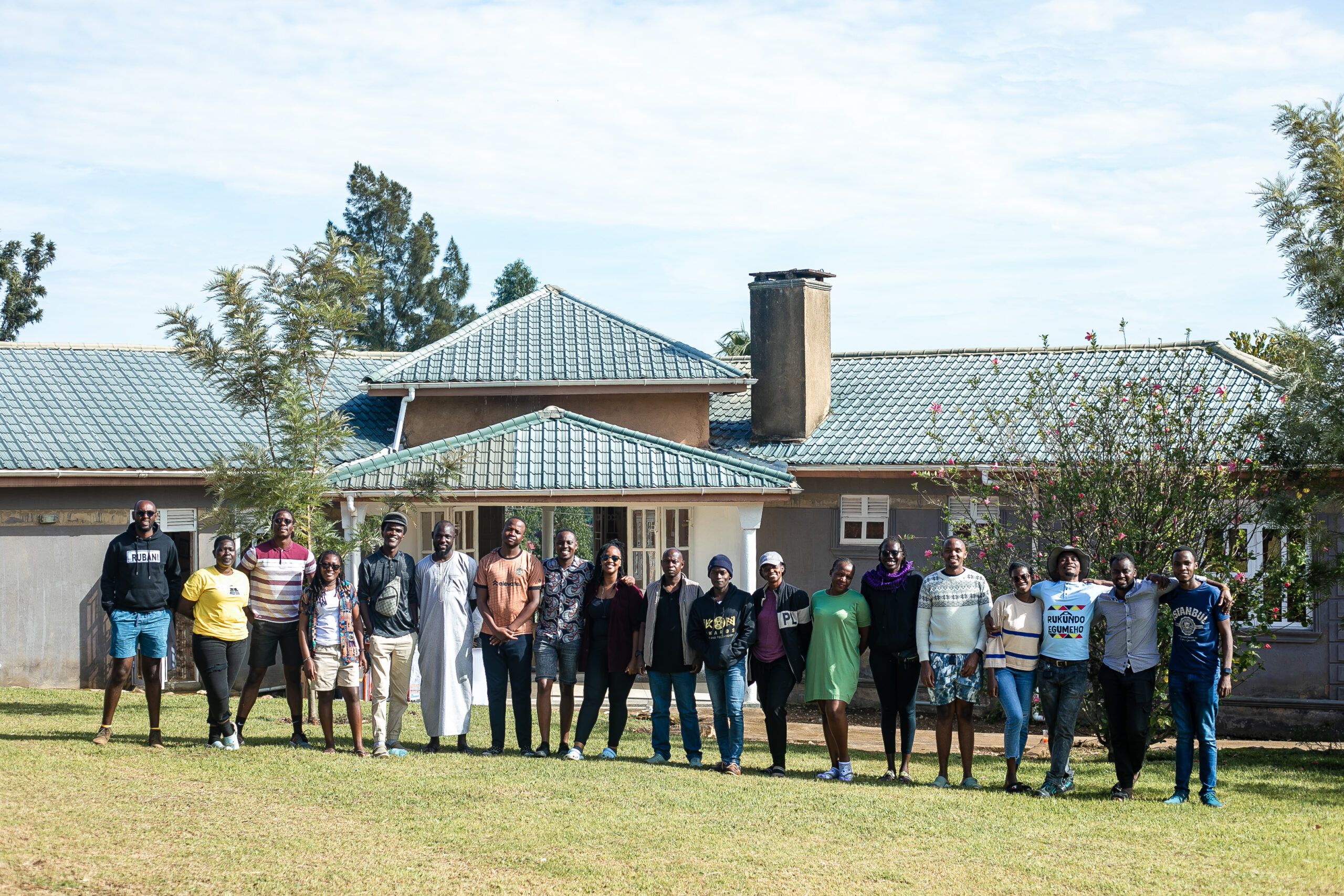
As leaders, we need to choose our identities consciously, embracing our uniqueness while acknowledging the importance of belonging. The capacity to make the right decisions as leaders hinges on understanding our heritage and identity. We ought to be courageous and intentional in embracing our identities and contributing positively to the societies we are a part of.
